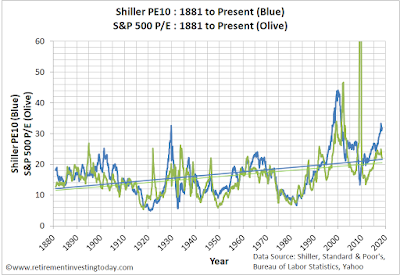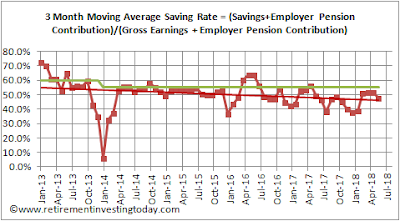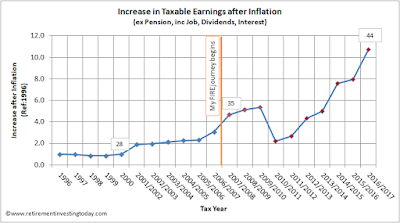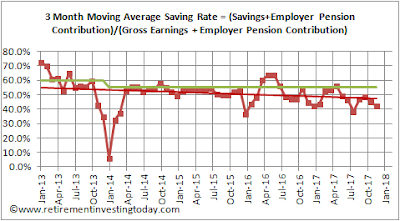Even if you’re not into your Greek mythology then you’ve probably heard of Aphrodite, the Ancient Greek Goddess of love and beauty. The legend goes that she was born from the sea foam here:
Click to enlarge, Happy snap of Petra tou Romiou
Aphrodite apparently rose from the waves and was escorted on a shell to this beach. That beach and those rock formations are in the Paphos district of Cyprus – our soon to be new home. In the end our choice of new homes came down to Spain vs Cyprus and specifically the Costa del Sol vs Paphos. Now not for a second am I saying that we couldn’t have found somewhere more suitable in Spain or Cyprus or elsewhere for that matter but what I am saying is that eventually it gets to the point where you have to make a decision with the data you have and strap yourself in for the ride. We did that this week as we made our first irreversible commitment – we’ve booked our one-way flights.
So how did we arrive at Paphos (Pafos), Cyprus? The process was:
- We firstly scoured the internet, which included numerous forums, to shortlist possible locations.
- With that information we tried to build a ‘head’ matrix where we scored many topics including ease of visiting friends/family, ease of travel, cost of living, financials including taxes, economic stability, language, demographics, desired lifestyle compatibility, crime, security, noise, weather and healthcare (short term and long term) to name a few.
- If that showed promise we then visited the location and if we liked it we tried to visit again in the opposite season. During our visit we then tuned up the ‘head matrix’ for comparison against other locations. For a location to qualify we had to have visited it at least once for more than a holiday.









